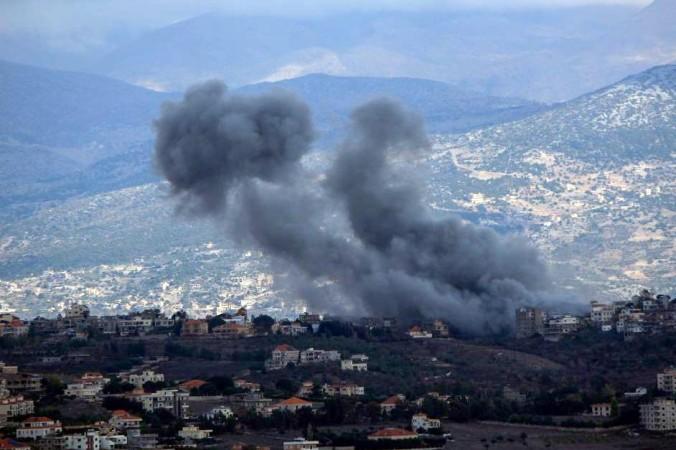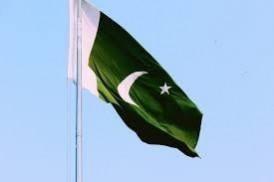
Tensions between Pakistan and Afghanistan surged dramatically following multiple explosions in Kabul that residents and observers fear were the result of unprovoked cross-border airstrikes.
The Afghan capital was shaken as powerful blasts echoed through several neighbourhoods, with witnesses reporting the distinct sounds of aircraft overhead.
The explosions, reportedly originating from District 8 in eastern Kabul, a zone home to key government facilities and residential areas, triggered widespread panic. While the exact source and intent behind the blasts are still unconfirmed, early reports point to the possibility of airstrikes, raising concerns over the escalation of regional conflict.
The incident occurred just hours after Pakistan's Defence Minister Khawaja Asif delivered a fiery statement in the National Assembly, suggesting a breakdown in diplomatic restraint.
"Enough is enough, our patience has run out. Terrorism from Afghan soil is intolerable," Asif said, recalling a past visit to Kabul by Pakistani officials, during which Afghan authorities allegedly refused to offer assurances against militant activity targeting Pakistan.

Although Pakistan has not officially confirmed launching any strikes, the timing of Asif's comments and the subsequent explosions in Kabul have led to heightened suspicions of deliberate military action.
In the wake of rising tensions, mobile internet services were abruptly suspended in the Pakistani cities of Islamabad and Rawalpindi, though authorities have not offered an explanation for the disruption.
The alleged strikes were swiftly condemned by Baloch representative Mir Yar Baloch, who took to X, issuing a strong rebuke of Pakistan's actions.
"We strongly condemn the terror attack on Kabul today by the rogue state of Pakistan. The terrorism carried out by the rogue state of Pakistan and its diseased/rogue military, which is involved in the attack on Kabul, could be ended within weeks if Afghanistan recognises Balochistan as a free (independent) state."
(With inputs from IANS)

















